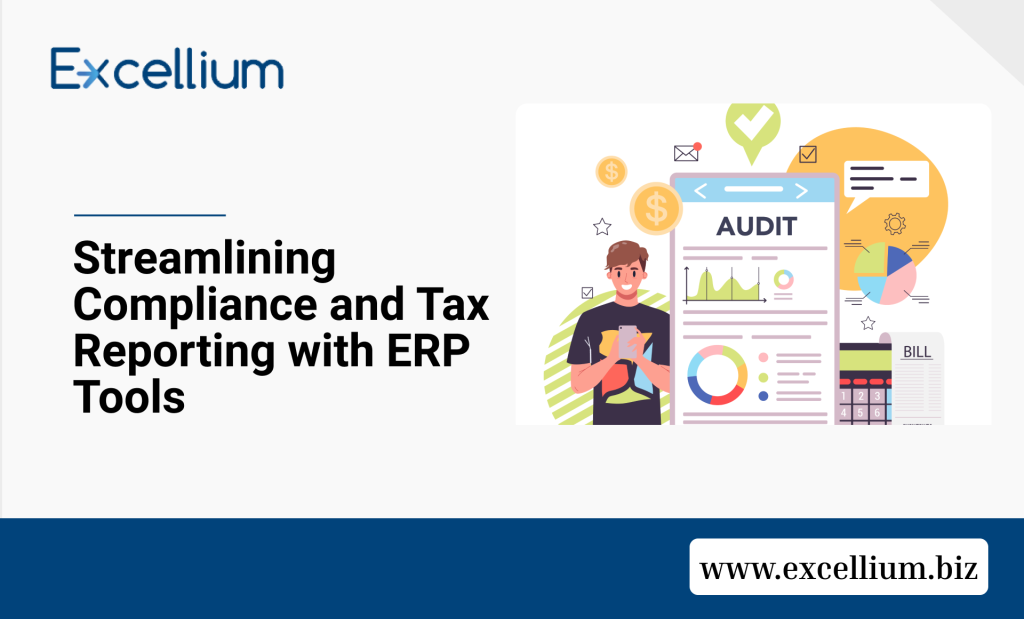
Tired of Tax Chaos? Here’s How Smart Nigerian Businesses Are Using ERP to Stay Compliant (Without Losing Sleep)
Let’s be real: tax season in Nigeria is no joke.
Between VAT filings, PAYE, withholding tax, pension deductions, and the ever-changing rules from FIRS, PENCOM, and ITF, it’s easy to feel like you’re drowning in spreadsheets. And if your business operates across borders? Multiply that stress by four.
But here’s the good news: you don’t have to keep doing it the hard way.
The Problem: Compliance Is Getting Harder, Not Easier
If you’re still using Excel sheets, manual reconciliations, or outdated accounting software, you’re probably dealing with
- Missed filing deadlines
- Penalties for incorrect submissions
- Endless back-and-forth during audits
- Zero visibility into your tax exposure
Sound familiar?
You’re not alone. Imagine a fast-growing company expanding across Nigeria, Ghana, Kenya, and South Africa. Business is booming, but behind the scenes, the finance team is struggling to keep up. Each country has its own tax rules, reporting formats, and compliance deadlines, and they’re managing it all with spreadsheets and outdated software.
Month-end close becomes a marathon. VAT filings are a gamble. And every audit feels like a fire drill.
Then comes the shift.
They decided to implement a modern ERP system, such as Sage 200 Evolution, Zoho Books, or M365 Business Central, tailored for multi-country operations. Suddenly, tax rules are automated, reports are generated in real time, and the finance team finally has room to breathe and lead.
What was once a daily scramble becomes a strategic advantage.
This is where things took a turn:
- Automated VAT: No more manual calculations. The ERP handled it at the point of invoice.
- Localized Compliance: Each country’s tax rules were built into the system.
- Audit-Ready Reports: With one click, they could generate reports for regulators no scrambling.
Result?


Why ERP Tools Are a Game-Changer (Even If You’re Not a Big Corporation)
You don’t need to be a multinational to benefit from ERP. Whether you’re a mid-sized manufacturer in Aba or a retail chain in Lagos, ERP tools help you:
- Automate tax calculations (VAT, WHT, PAYE you name it).
- Track compliance deadlines so nothing slips through the cracks.
- Generate real-time reports for your CFO, board, or auditors.
- Stay audit-ready with proper documentation and logs.
And the best part? You can scale as you grow, whether you’re expanding to Ghana or just opening a new branch in Abuja.
Real Talk: What Happens If You Don’t Make the Switch?
Let’s not sugarcoat it. If you keep relying on manual processes:
- You’ll keep paying penalties.
- You’ll waste time chasing receipts and reconciling errors.
- You’ll struggle to scale because your systems can’t keep up.
And when FIRS rolls out new digital tax mandates (which they will), you’ll be playing catch-up.
Ready to Make Compliance Less Painful?
Here’s what you can do next:
- Talk to our ERP specialist. Get advice tailored to your business.
Final Word: Compliance Doesn’t Have to Be a Burden
With the right ERP tool, compliance becomes a strength, not a struggle. You’ll save time, reduce risk, and finally get the peace of mind your finance team deserves.
So, are you ready to stop surviving tax season and start owning it?

